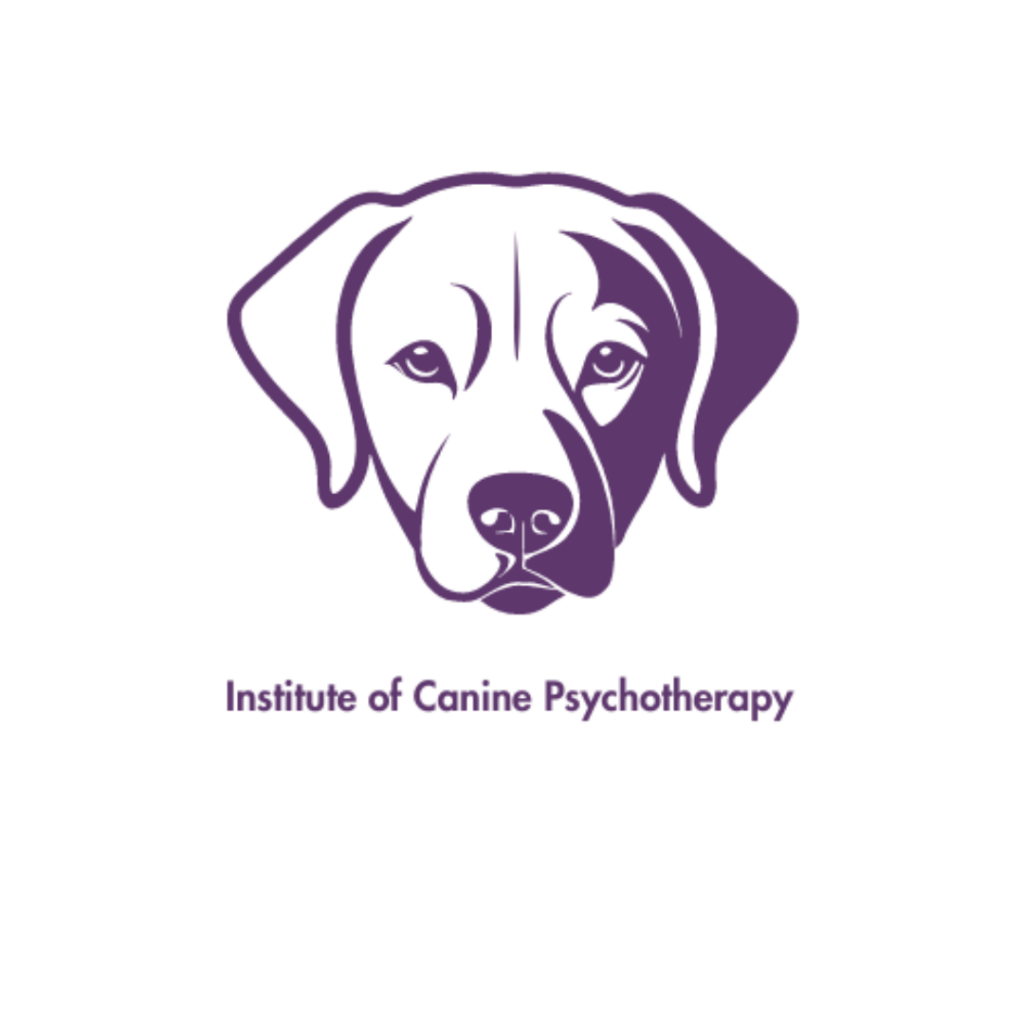I.C.P.
Description
The Institute of Canine Psychotherapy (ICP) provides pet professionals and animal advocates with the most advanced educational resources to pursue their professional goals and volunteer work in the canine behavioral and animal welfare sectors, and to positively impact the canine community, locally and globally.
Contact Information
Address
Regina, SK, Canada
Phone
Location
Review
Write a ReviewThere are no reviews yet.



